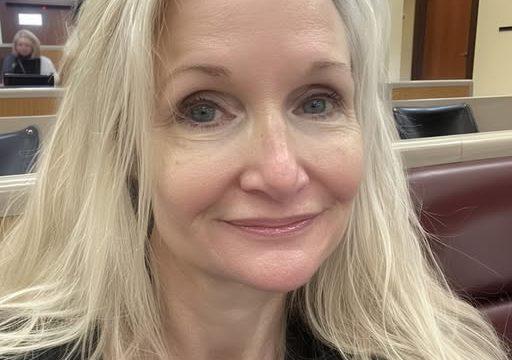Marriage often involves navigating shared responsibilities, but what happens when the financial contributions are one-sided? That’s the dilemma I faced when I used my inheritance to buy our home outright. While I was proud to create a safe and stable environment for my family, my husband’s insistence on becoming a co-owner—despite contributing nothing financially—sparked a conflict that tested our relationship and forced me to confront difficult questions about fairness, trust, and boundaries.

A Gift That Became a Source of Conflict
Using the inheritance left to me by my late grandparents, I purchased a house outright—a place where my family could feel secure and at home. This house symbolized more than just bricks and mortar; it was a testament to my grandparents’ love, hard work, and legacy. Owning it in my name felt like the right way to honor their memory.
However, shortly after we moved in, my husband expressed his desire to be added as a co-owner. He argued that as my partner, he deserved equal rights to the property, even though he hadn’t contributed a single penny toward its purchase. His request caught me off guard, and when I declined, the situation quickly soured.
He escalated his demands, suggesting that if I wouldn’t list him as a co-owner, I should at least compensate him for “rent” for the time he had lived in the house. To make matters worse, he hinted that our marriage might not survive if I refused.
Struggling to Balance Fairness and Protection
As a stay-at-home mom, my financial contributions to the household are less visible than his paycheck, but they’re no less significant. I manage the home, care for our children, and provide emotional support—roles that are unpaid but invaluable. His demands made me question whether he truly valued my contributions or saw our marriage as a partnership of equals.
Complicating matters further was my lack of knowledge about the legal implications of property ownership. Could he claim a share of the house in the event of a divorce, even though it was purchased entirely with my inheritance? I realized I needed to better understand my rights to protect myself and my family.
Seeking Advice and Clarity
I turned to friends, family, and online communities for advice. The overwhelming consensus was that I should stand my ground. Many people reminded me of the countless hours I had invested in maintaining our home and raising our children, contributions that are often undervalued but are critical to a family’s well-being.
Others suggested I consult a lawyer to gain clarity on my legal rights. While I felt hurt and betrayed by my husband’s demands, I also recognized the need for an honest conversation about our roles, contributions, and expectations in our marriage. Financial disputes, if left unresolved, could erode the trust we had built over the years.
Taking Legal and Emotional Steps
The first step I took was seeking legal advice. A lawyer explained the nuances of property ownership in our state and assured me that the house legally belonged to me, as it was purchased using my inheritance. They also clarified that my husband’s claim for rent payments was unlikely to hold up in court. This knowledge gave me the confidence to stand firm in my decision.
Next, I sat down with my husband for a candid conversation. I acknowledged his feelings and explained why keeping the house in my name was important to me. It wasn’t about excluding him; it was about ensuring financial security for our family and preserving the legacy of my grandparents. I also emphasized that our home was a shared space in every meaningful way—emotionally, practically, and relationally—even if his name wasn’t on the deed.
While I stood firm on my decision, I also assured him that our marriage and family mattered more than a piece of paper. I made it clear that the house was a haven for all of us and that its true value lay in the memories we would create there together.
Lessons Learned
This experience taught me invaluable lessons about boundaries, communication, and proactive legal planning in relationships. It highlighted the importance of recognizing both financial and non-financial contributions in a marriage and ensuring that each partner feels valued and respected.
Ultimately, my husband and I are working to rebuild trust and strengthen our partnership. The house may be legally mine, but its true worth lies in the family we’re building within its walls. By setting clear boundaries and fostering open communication, I hope we can move forward together, stronger and more united than before.
Marriage is never without challenges, but this experience reminded me that difficult conversations and tough decisions are sometimes necessary to protect what truly matters—both financially and emotionally. Through mutual understanding and respect, my husband and I are finding a way to create a home filled with love, trust, and shared purpose.





